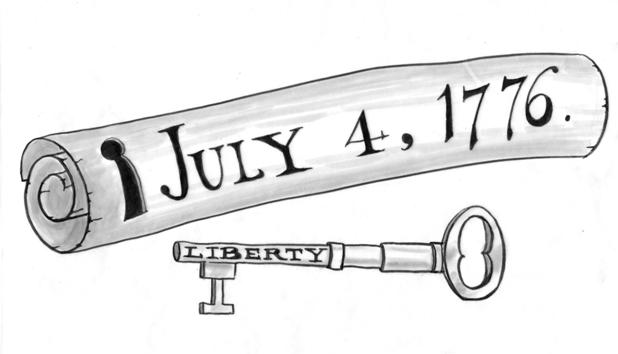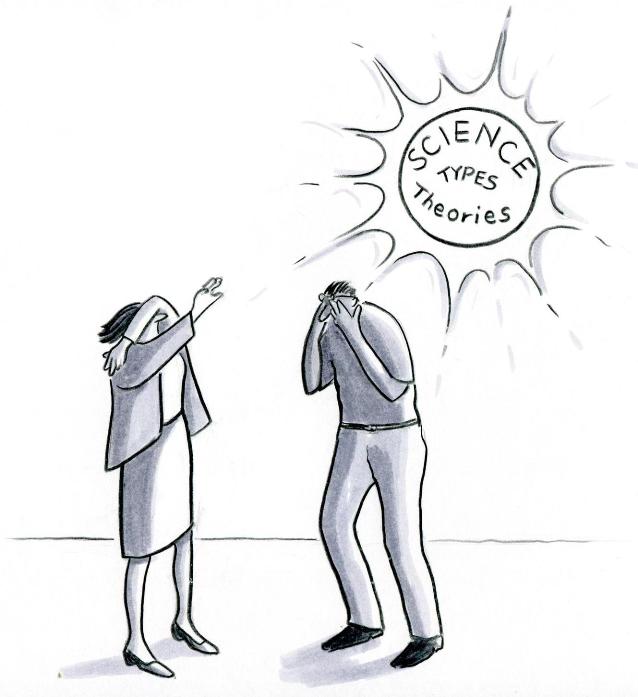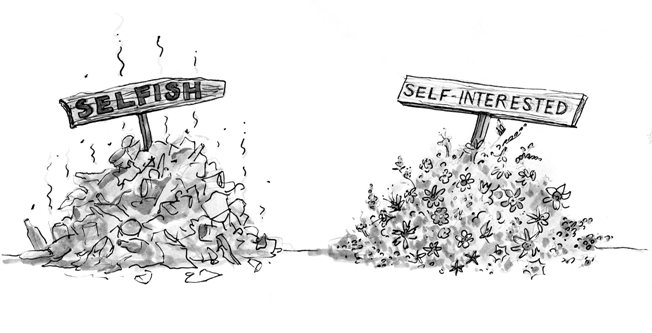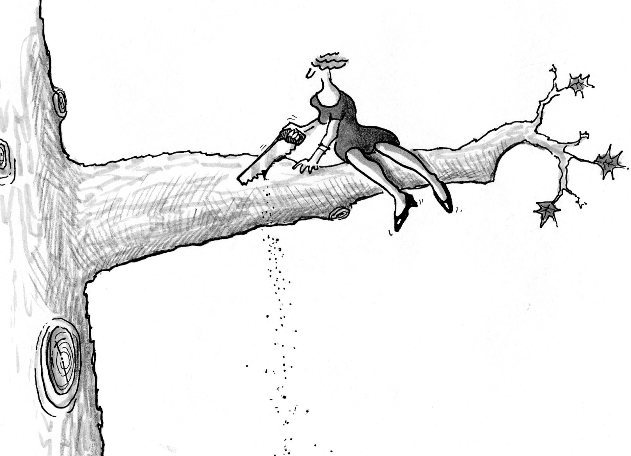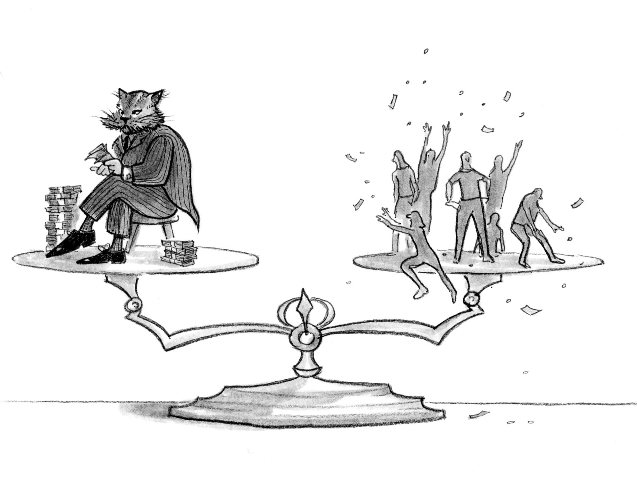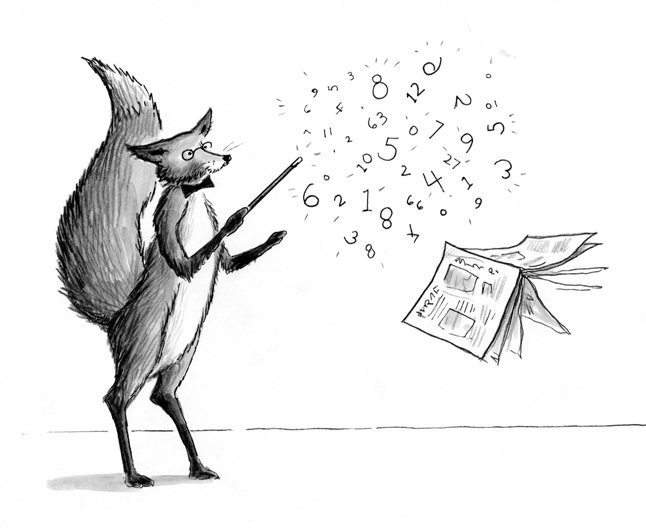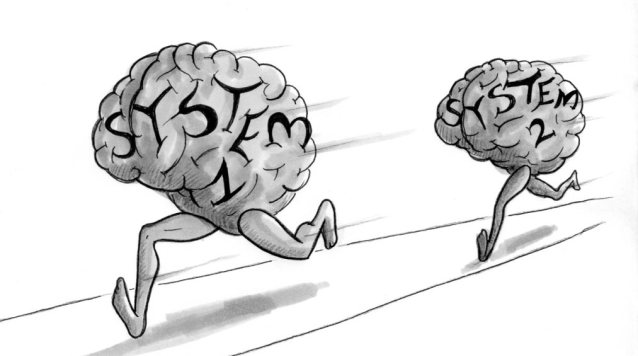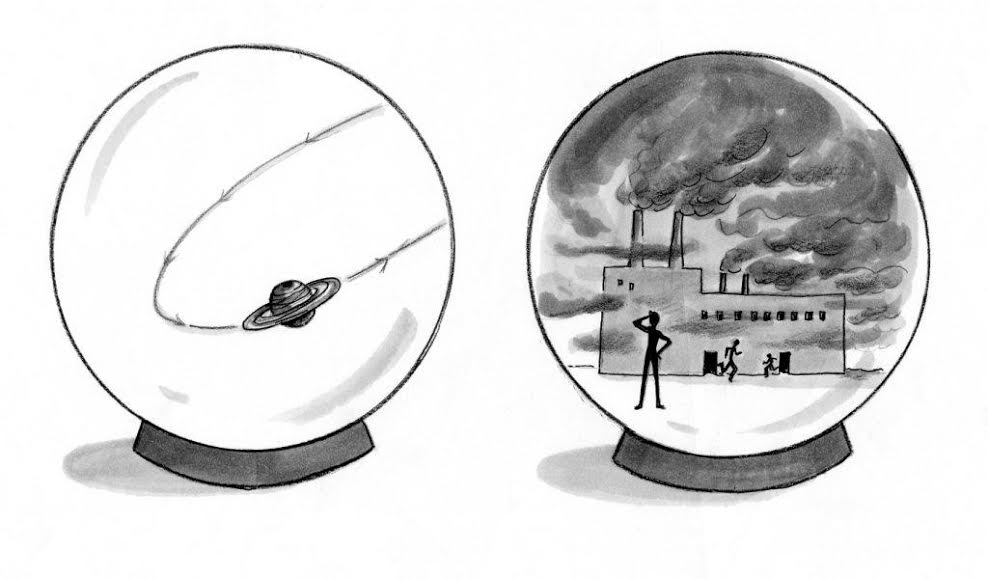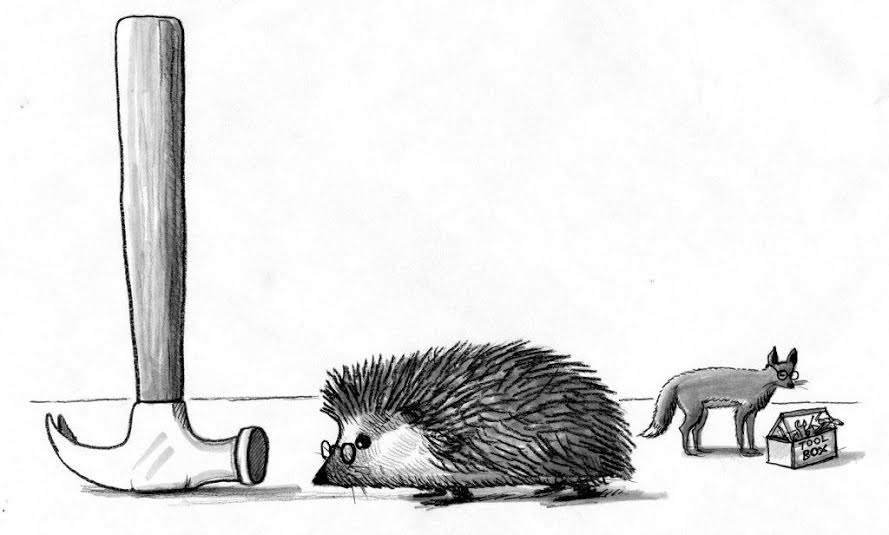Jag Bhalla
Science Writer, Blogger, and Essayist
Jag Bhalla is a writer and entrepreneur. Current projects include this "Thought Fix" blog series for Big Think. And NanoSalad a zero-prep way to zap veggie gaps (by BodZoo LLC, a future-friendly, basic-by-design business, see www.bodzoo.com for further details). Prior projects include "Errors We Live By," a series of short exoteric essays exposing errors in the big ideas running our lives. And I'm Not Hanging Noodles On Your Ears, a surreptitious science gift book from National Geographic Books, which explains his twitter handle @hangingnoodles.
Key logic in America’s founding documents is now neglected. Let’s test your grasp of what workable independence requires: 1. What does “the Declaration” list as the first justification for America’s […]
All meaning is relational (otherwise it’s potentially useless and unhealthy). That’s true for both senses of meaning, and Nozick’s “Pleasure Machine” shows why workable individualism must be relational. 1. Individualism’s […]
You are by nature self-deficient. Your constitution guarantees it, initially, chronically, and inalienably. Biology defying individualistic ideas now hide these once self-evident truths. 1. Though the opposite is claimed, no […]
Nothing in nature works quite like money. Or seems as complex as an economy. I’d welcome counterexamples, but something seems fishy. 1. Here’s the usual big picture: Competitive markets allocate […]
This is an updated version of a Scientific American post: In future economics should be seen as more like history than physics. Steven Pinker says, “No sane thinker would try […]
Our ruling ideas grow evermore ethically evasive. Ignoring evident big picture problems, they have us mindlessly seeking the mathematically and morally absurd. Simple maxims can clarify: Economics, the study of […]
“Should economists be advocates or engineers?” asks Noah Smith. Tradeoffs reveal how reliably they perform as either. Smith worries that his trade’s “engineering” aspects are being sacrificed for “political advocacy” […]
History’s most successful(4) euphemism(1) is making original idiots(2) of us. “Idiotic” first meant the opposite(3) of “political,” but they’re almost synonyms(5) now. 1. Here are definitions of the euphemism and […]
There are two kinds of success. One kind damages or destroys what it depends on, the other doesn’t. History and theater teach that distinction about the ambitious, evolution and religion […]
If politics is mainly “the economy, stupid,” can cherished ideas from the former help the later? Lincoln proclaimed good government is “of the people, by the people, for the people,” […]
Good science allows only shakeable faiths. Its toughest test comes when new evidence meets old certainties. By that test some economics seems more art (or math masked religion) than science. […]
Thinking, like seeing, has built-in blind spots. An old parable and Husserl’s matchbox can illuminate these geometric, biological, and cognitive limits. We can’t evade their unseen dangers unaided. In the […]
Changing minds often isn’t like changing light bulbs. Many bright ideas don’t fit your sockets. Wonks particularly need to grasp that incorporating new data or arguments can be closer to […]
The new nerdier news has arrived. But can its nerd tools, honed in the “olicausal sciences” (oli = few), handle the greater complexities of journalism? Steven Pinker says, “No sane […]
Science and poetry both depend on metaphor. Science typically uses at least two. The first is usually Pythagoras’s astonishingly fruitful, but also limiting, “all things are numbers.” The second shapes […]
Your needs can’t all be as easily fenced off as land. But that map-like model lurks behind unbalanced ideas about private and public interests. The “public good” is both bedrock […]
Is the “invisible hand” always benign? Or can it be bad? Free-market fans love the idea that “spontaneous order” emerges from local decisions. But what prevents “spontaneous disorder”? Does prudence […]
Feeling is a form of thinking. Both are ways we process information, but feeling is faster. That’s the crux of Daniel Kahneman’s mind-clarifying work. It won a psychologist an economics […]
Are reason and emotion sworn enemies? Many expert reasoners feel they are. But these supposed opposites overlap, emotions have logic and reason often blunders. Plato’s chariot and the anti-Freud can […]
“Be suspicious of stories,” warns economist Tyler Cowen. Stories lower “your IQ by 10 points or more,” by seducing you into simplistic “good vs. evil” thinking.” Life is too messy […]
Love might be blind, but she is rarely deaf: Language and love have always been intimately entangled. Indeed Darwin believed love was one of the main reasons we have language […]
Much talk about “the 1%” ignores three key issues. First, not all inequality is equally bad. Second, the rich are mostly as replaceable as you and me. Third, if the […]
We’re letting unnatural laws unduly influence us. A fuss about “simple economics” can remind us that markets aren’t like gravity, and their so-called laws are neither laws of nature nor […]
The math and logic of teams sometimes (perhaps often) opposes maximizing self-benefit.
Prices are the magic in free-market stories. But what if prices were never right? Then free markets wouldn’t work as their fans claim. The ‘markets in everything’ crowd don’t tackle […]
The science behind two Dr. Martin Luther King quotes deserves more attention. One is famous: “The arc of the moral universe is long, but it bends towards justice.” The […]
“Competition creates efficiency,” is preached as if it were a law of nature. But nature itself teaches a different lesson.
Using less math and more logic, we can model the muddling masses. Reality’s richer patterns require better metaphors and methods.
Capitalism, the dominant secular faith of our times, risks a reformation.
When it comes to making predictions, thinkers who are hedgehogs barely beat “dart-throwing chimps.” Despite that, hedgehogs hog the spotlight.
